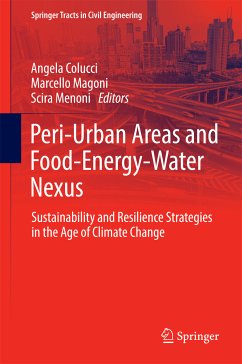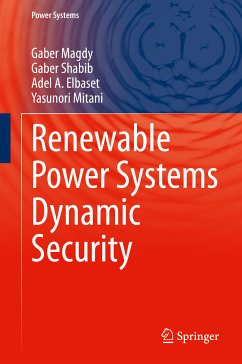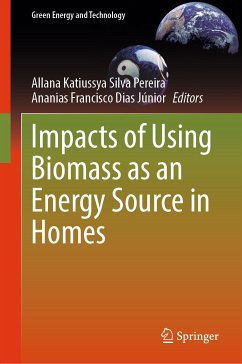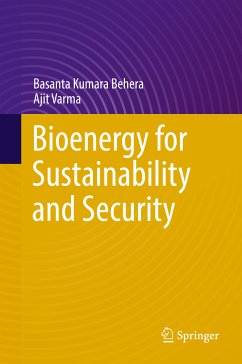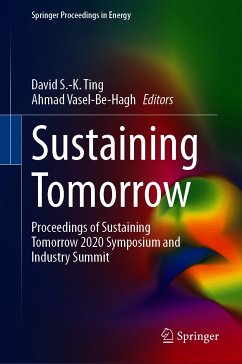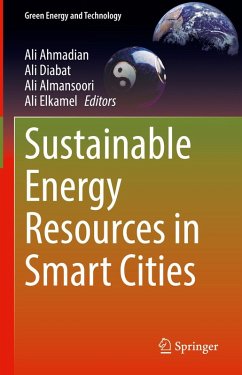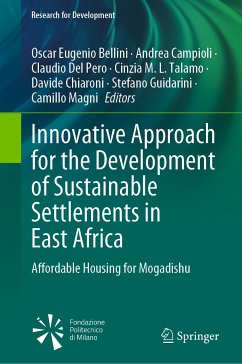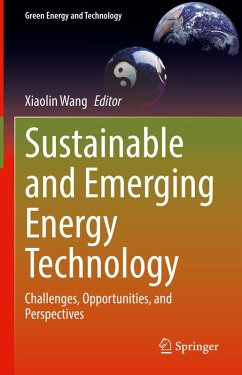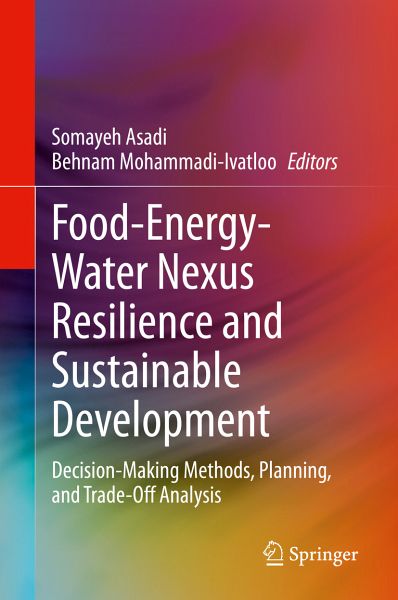
Food-Energy-Water Nexus Resilience and Sustainable Development (eBook, PDF)
Decision-Making Methods, Planning, and Trade-Off Analysis
Redaktion: Asadi, Somayeh; Mohammadi-Ivatloo, Behnam
Versandkostenfrei!
Sofort per Download lieferbar
72,95 €
inkl. MwSt.
Weitere Ausgaben:

PAYBACK Punkte
36 °P sammeln!
This book presents readers with an integrated modeling approach for analyzing and understanding the interconnection of water, energy, and food resources and discusses the relationship between resilience and sustainability of the food- energy -water (FEW) system. Authors provide novel frameworks, models, and algorithms designed to balance the theoretical and applicative aspects of each chapter. The book covers an integrated modeling approach for FEW systems along with developed methods, codes, and planning tools for designing interdependent energy, water and food systems. In-depth chapters disc...
This book presents readers with an integrated modeling approach for analyzing and understanding the interconnection of water, energy, and food resources and discusses the relationship between resilience and sustainability of the food- energy -water (FEW) system. Authors provide novel frameworks, models, and algorithms designed to balance the theoretical and applicative aspects of each chapter. The book covers an integrated modeling approach for FEW systems along with developed methods, codes, and planning tools for designing interdependent energy, water and food systems. In-depth chapters discuss the impact of renewable energy resources in FEW systems, sustainable design and operation, net zero energy buildings, and challenges and opportunities of the FEW nexus in the sustainable development of different countries. This book is useful for graduate students, researchers, and engineers seeking to understand how sustainable FEW systems contribute to the resilience of these systems and help policy and design makers allocate and prioritize resources in an integrated manner across the food, energy, and water sectors.
Dieser Download kann aus rechtlichen Gründen nur mit Rechnungsadresse in A, B, BG, CY, CZ, D, DK, EW, E, FIN, F, GR, HR, H, IRL, I, LT, L, LR, M, NL, PL, P, R, S, SLO, SK ausgeliefert werden.




